

WATER MECHANISM IN CELLS
New mechanism found that maintains water balance within cells
Scientists have discovered a new mechanism that allows cells to maintain their ideal water availability from second to second.



New mechanism found that maintains water balance within cells
Scientists have discovered a new mechanism that allows cells to maintain their ideal water availability from second to second.
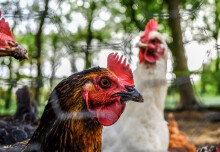

Gene-edited chickens show promise in fight against bird flu
Scientists have successfully used gene editing techniques to limit the spread of bird flu in chickens.
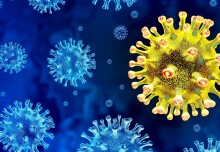

New multi-million research projects announced to tackle future disease threats
Imperial scientists are among those to lead ambitious new UK-based research to kickstart future vaccine development.
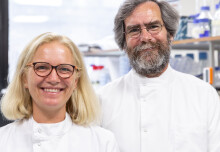

New spinout to develop gene therapies targeting rare lung diseases
AlveoGene will work on gene therapies for several rare lung conditions, beginning with alpha-1 antitrypsin deficiency.
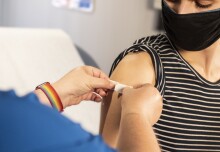

Study identifies vulnerable groups least likely to have COVID-19 antibodies
Findings from the MELODY study have identified which people with compromised immune systems are less likely to have COVID-19 antibodies.


Feature
In conversation: Mental Health and Stigma with HIV, where are we 40 years on?
In this podcast series, we explore the experience of living with HIV and current research at Imperial on mental health and future treatment options.
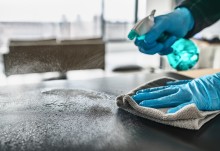

COVID-19 spread in households linked to virus on hands and surfaces
A new study provides the first empirical evidence for transmission of SARS-CoV-2 via people’s hands and frequently touched household surfaces.


Rapid virus testing system conceived at Imperial lands new role in entertainment
A new partnership will bring rapid respiratory virus testing to film sets and TV studios across the country.


What Imperial research taught us about COVID-19 in 2022
From increased understanding of immunity to analysing the success of vaccines, we look back at what Imperial taught us about COVID-19 in 2022.
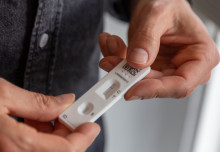

First-line defences against COVID-19 are short-lived and may explain reinfection
A new study finds that antibodies produced in the nose decline 9 months after infection, while those found in the blood last at least a year.